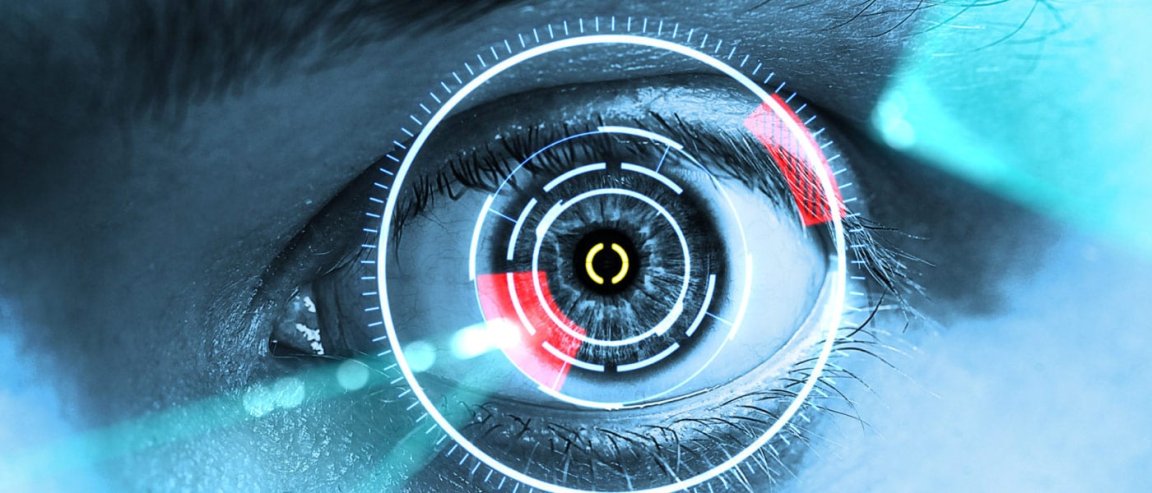
Retinal scan complete
Google DeepMind, the artificial intelligence (AI) research subsidiary of Alphabet, has had considerable applications in the field of medicine and medical research through DeepMind Health. One of its more recent achievements is an eye-scanning AI algorithm that can detect one of the most common forms of blindness.
This algorithm uses the same machine learning technique that Google uses to categorize millions of web images. It searches retinal images and detects signs of diabetic retinopathy — a condition that results from damaged eye blood vessels, and leads to gradual loss of sight — like a highly trained ophthalmologist.
According to computer scientists at Google, and medical researchers from the U.S. and India, the algorithm was originally developed to analyze retinal images and wasn’t explicitly designed to identify features that might indicate diabetic retinopathy. It learned this on its own, after having been exposed to thousands of healthy and diseased eyes.
The algorithm was exposed to 128,000 retinal images classified by at least three ophthalmologists as a training data set. Its was then tested on 12,000 retinal images, where it successfully identified the disease and how severe it was, matching or even exceeding the performance of experts. The results were published in the Journal of the American Medical Association — the first study in the journal ever published involving deep learning, according to editor-in-chief Howard Bauchner.
The AI eye doctor is in
“One of the most intriguing things about this machine-learning approach is that it has potential to improve the objectivity and ultimately the accuracy and quality of medical care,” says Michael Chiang of the Oregon Health & Science University’s Casey Eye Institute.
While its diagnosis can still be made more efficient and reliable through some form of automated detection, Google is currently conducting clinical trials with real patients, in collaboration with the Aravind Medical Research Foundation in India.

There is also a need to be able to explain how an algorithm such as this one arrives at its conclusions, as Google’s Lily Peng acknowledges. “We understand that explaining will be very important.”
A retinal scanning algorithm capable of performing as best as — or even better than — medical experts can certainly be useful. For starters, it can facilitate diagnosis and treatment in areas where the availability of doctors is scarce. AI is truly reshaping the future of medical research.